2013 Merida team bikes – first look
Plus revamped One-Forty and One-Sixty full-sussers
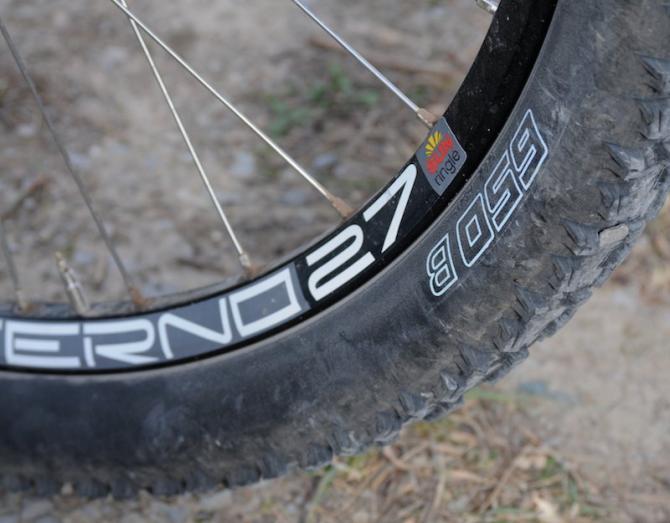
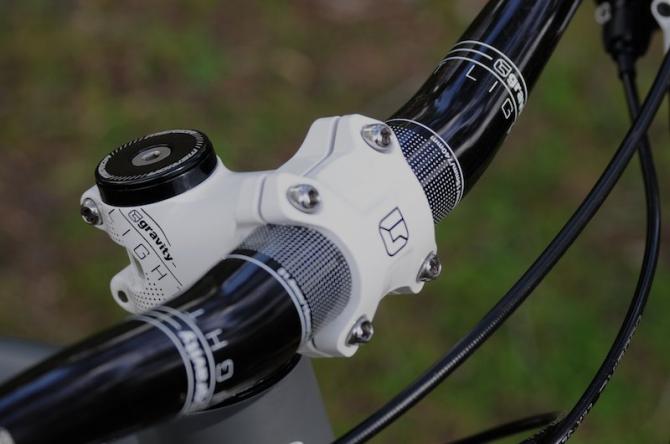
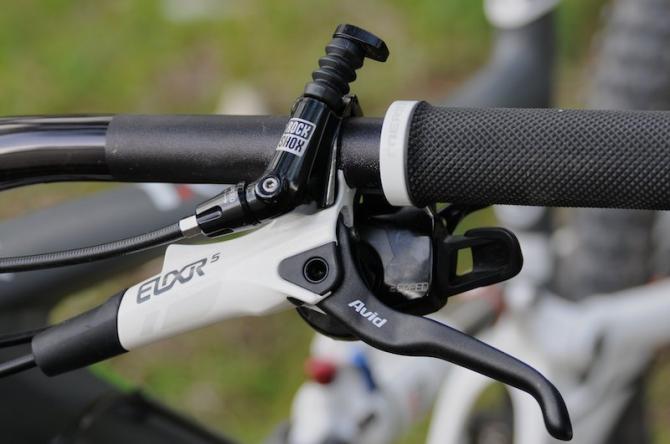
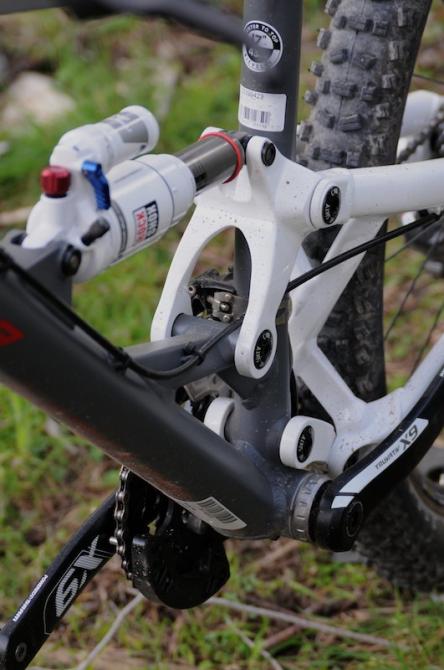
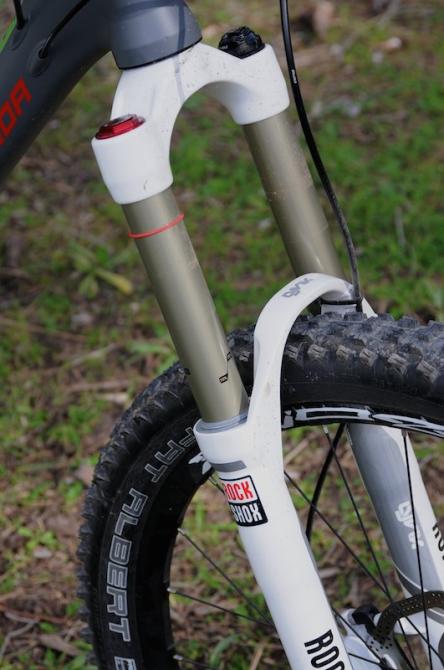
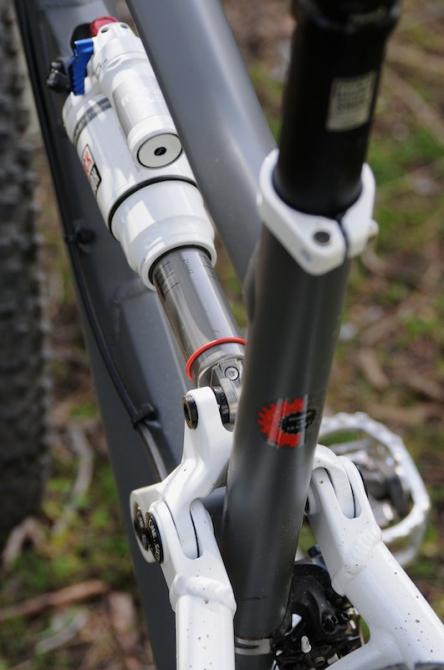
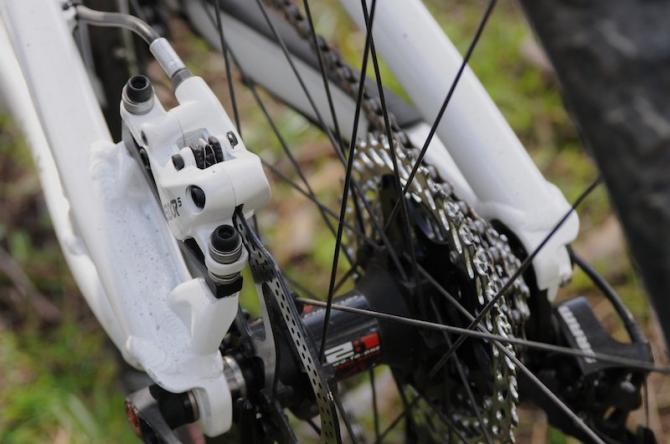
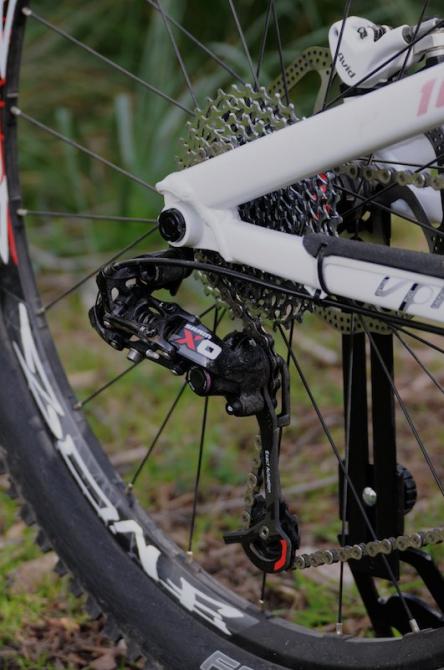

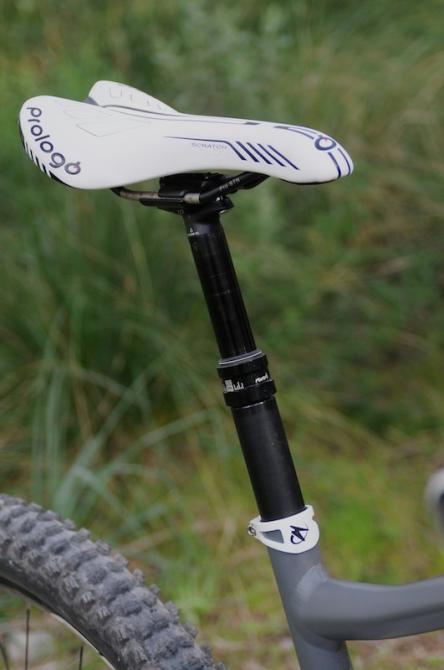
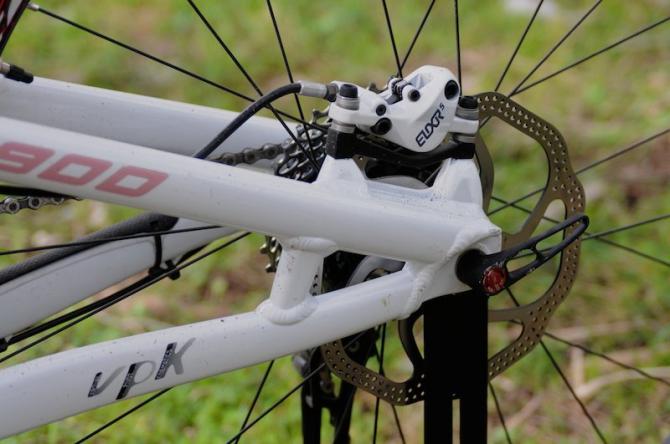
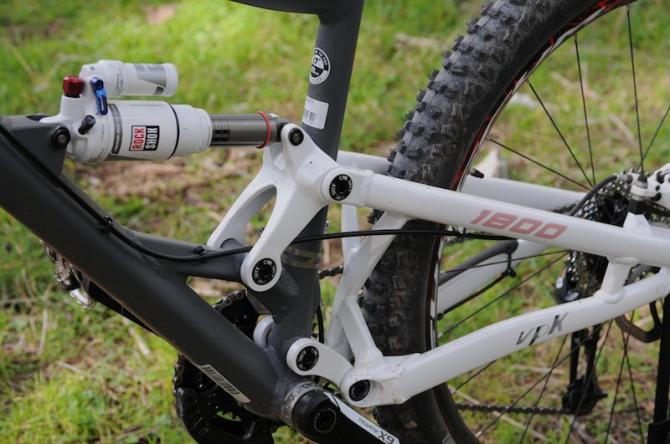
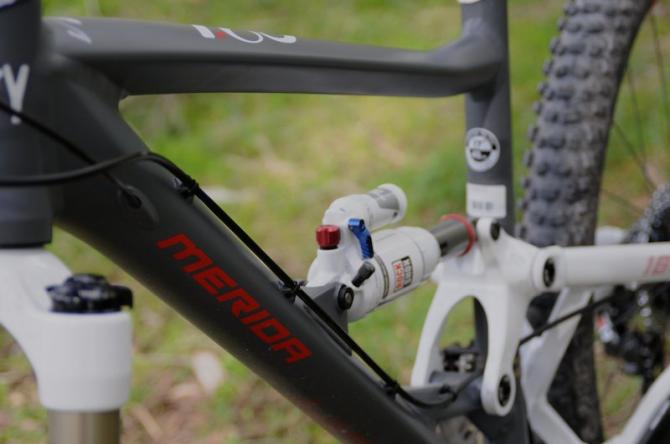
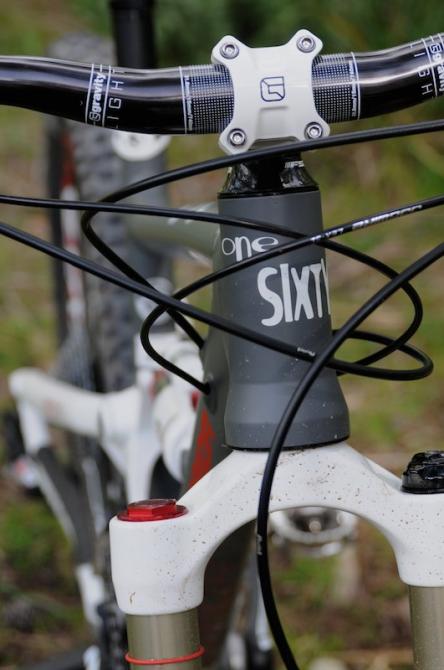
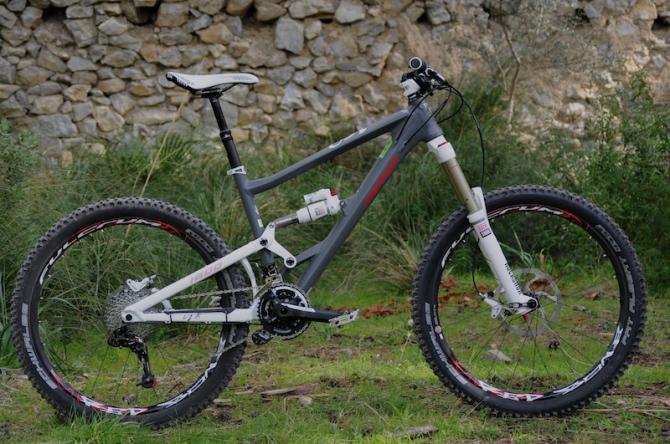
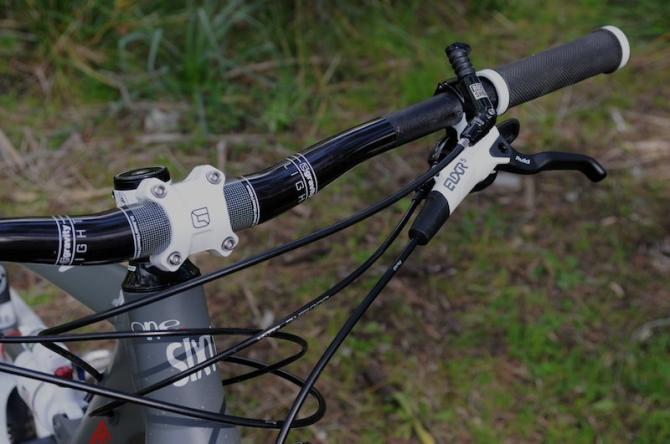
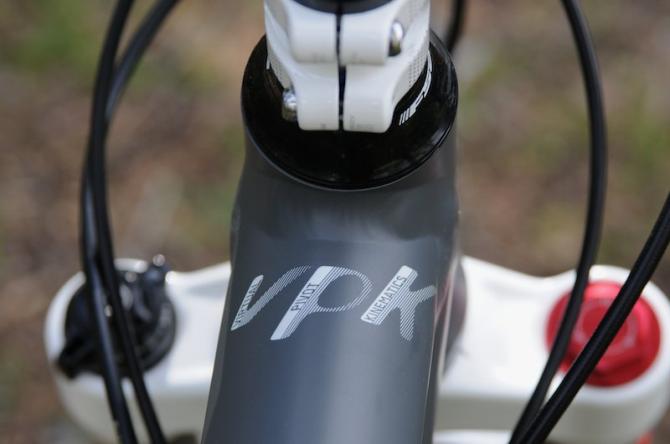
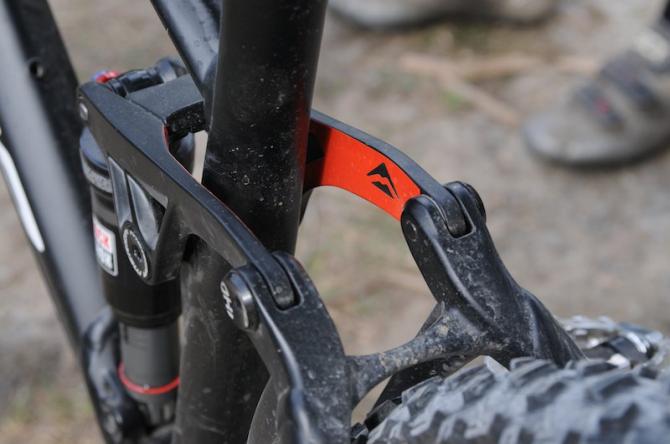
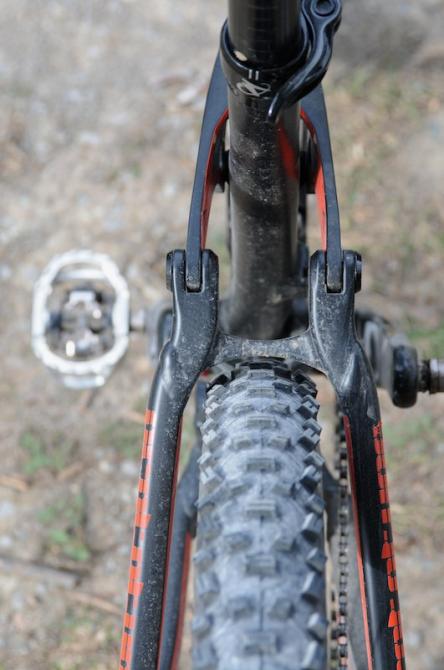
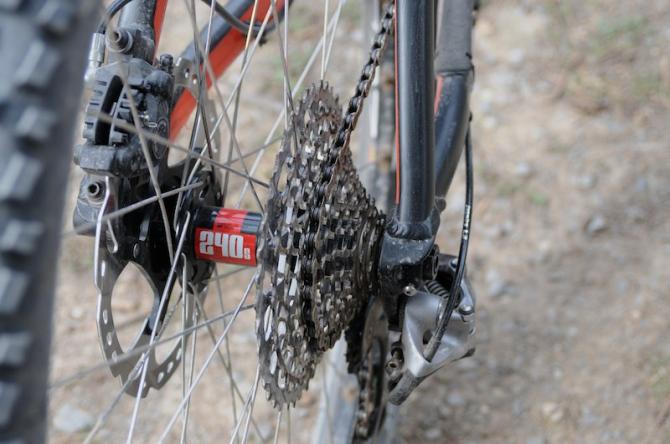
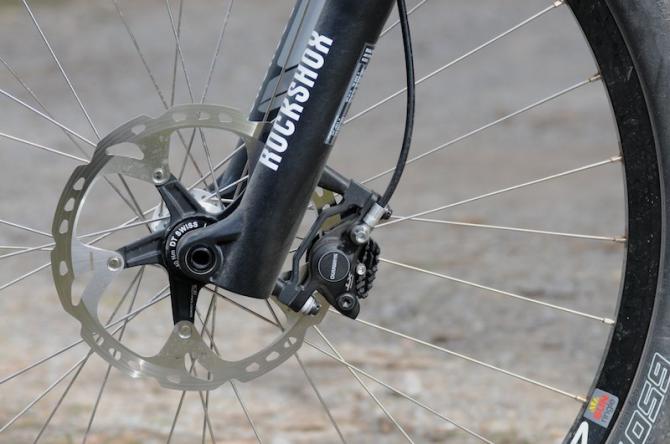
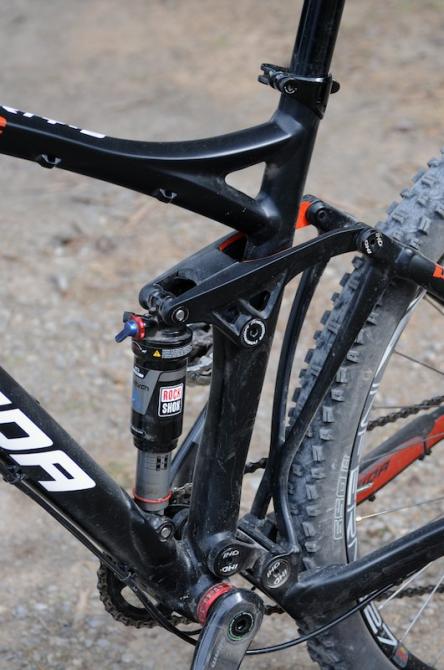
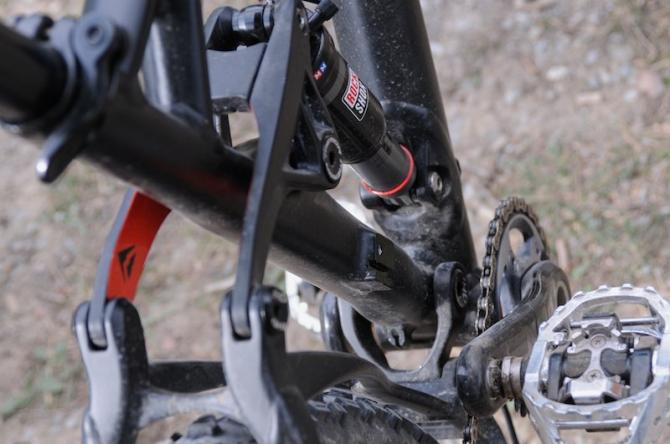
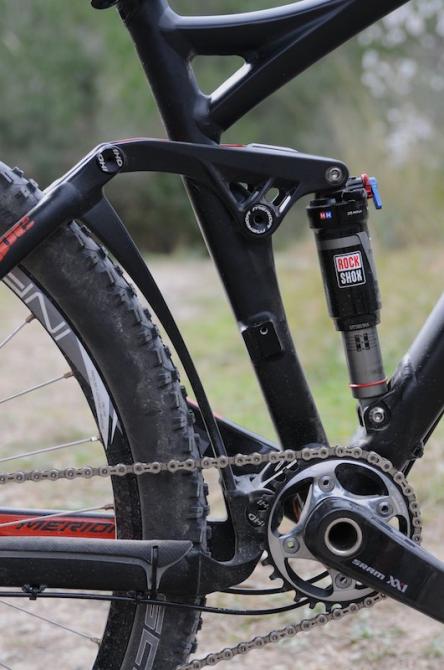
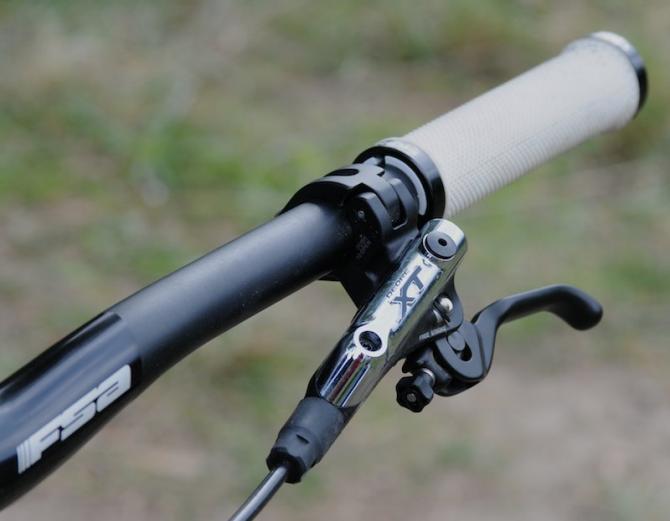
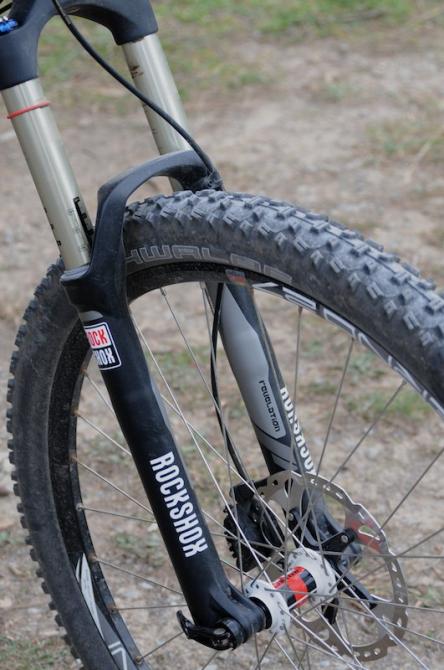
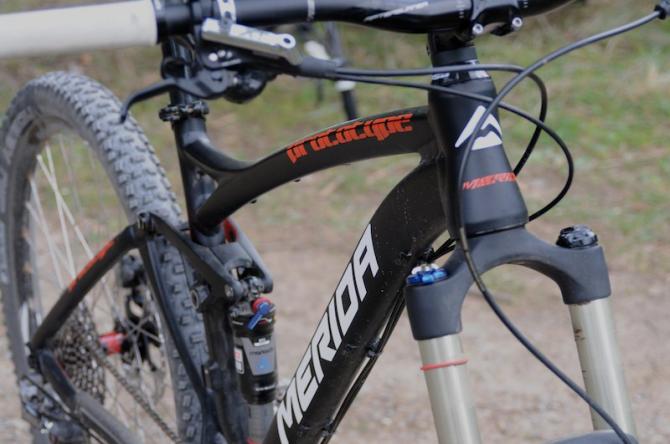
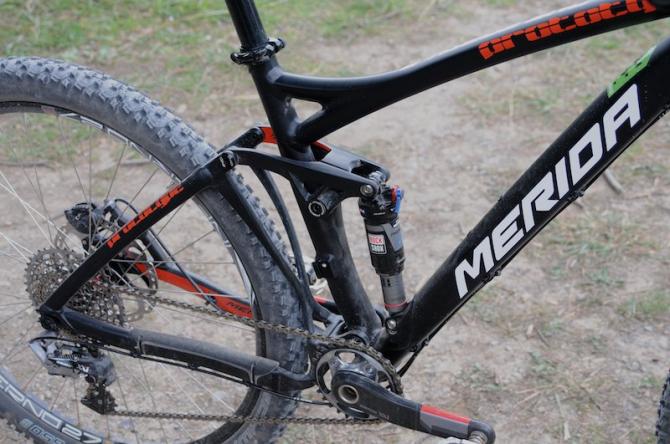
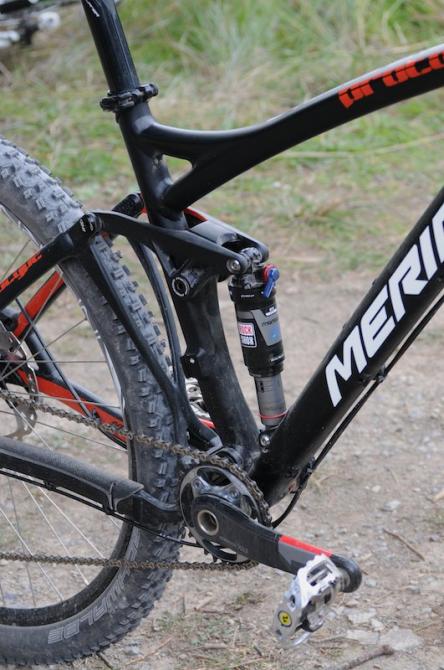

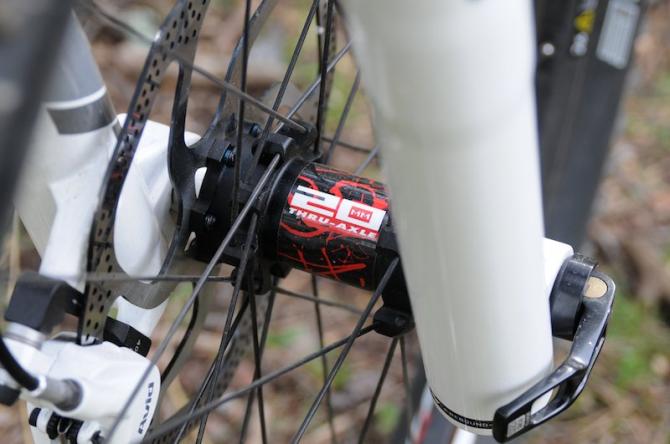
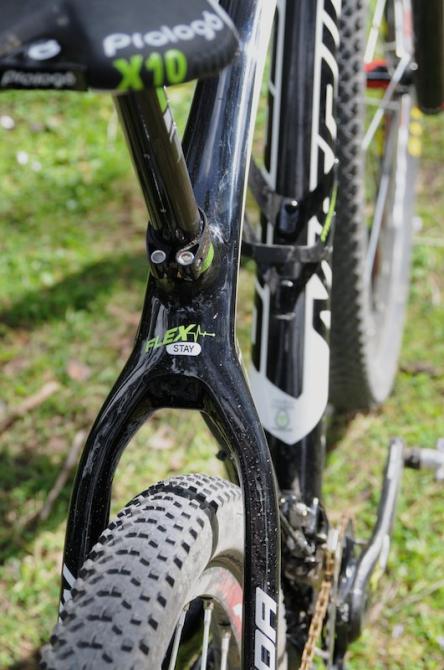
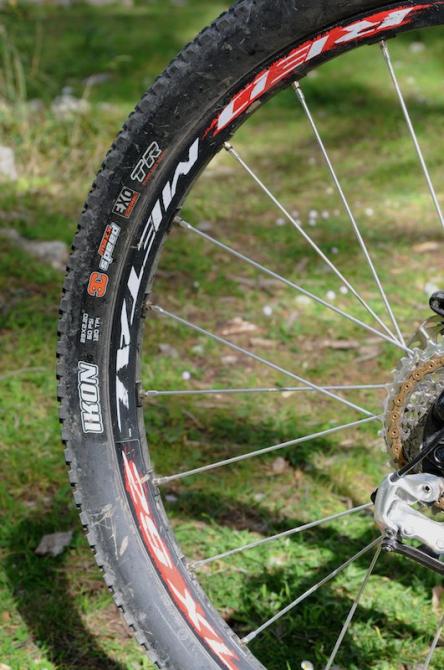
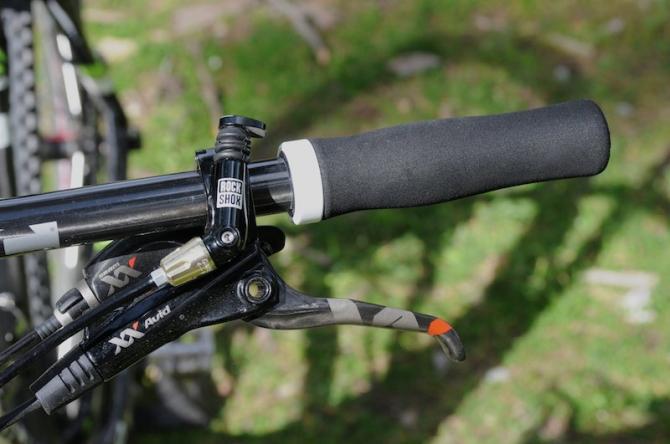
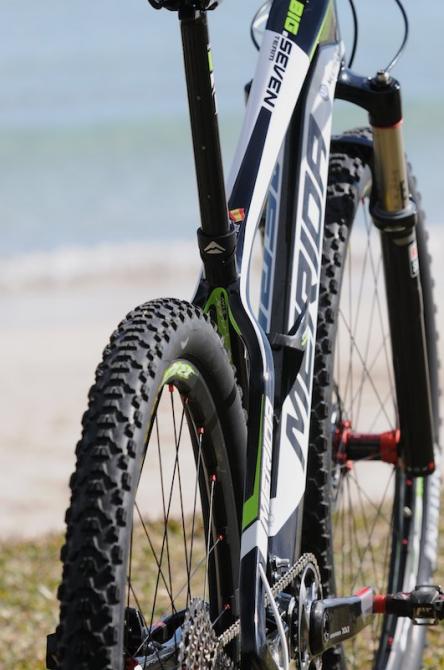
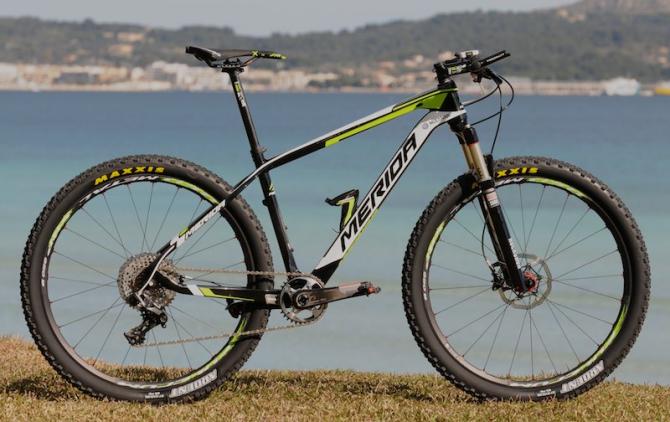
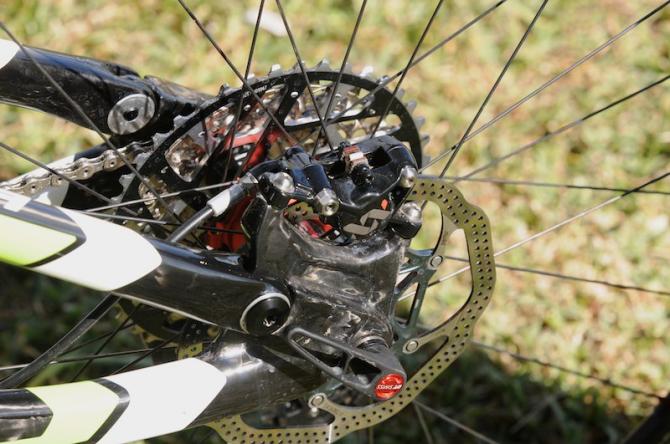
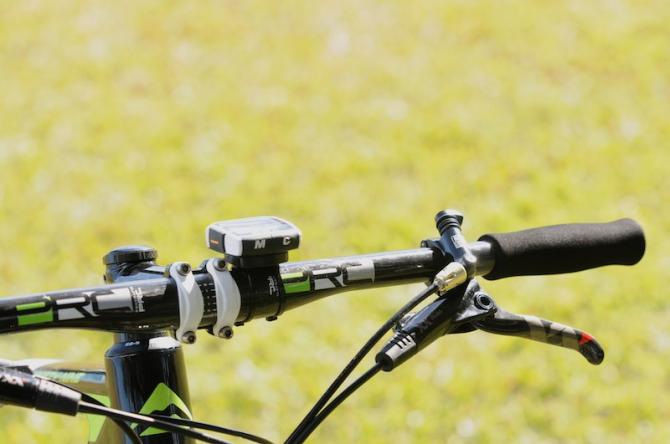
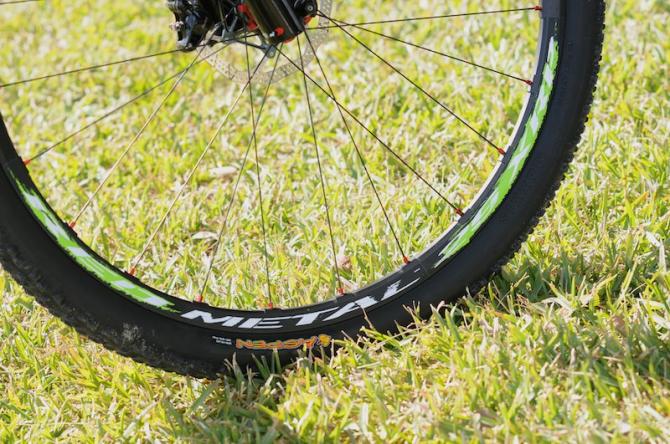
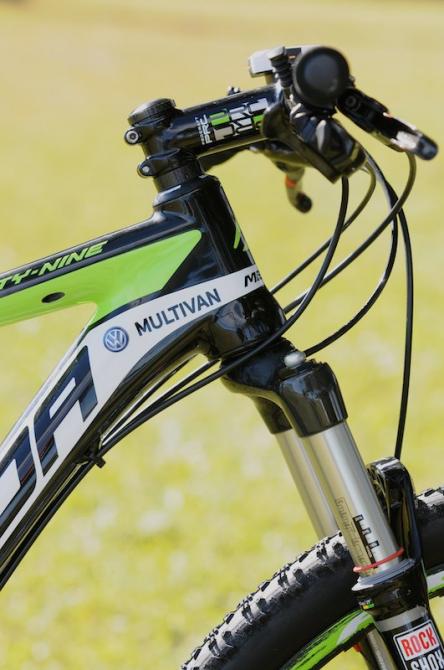
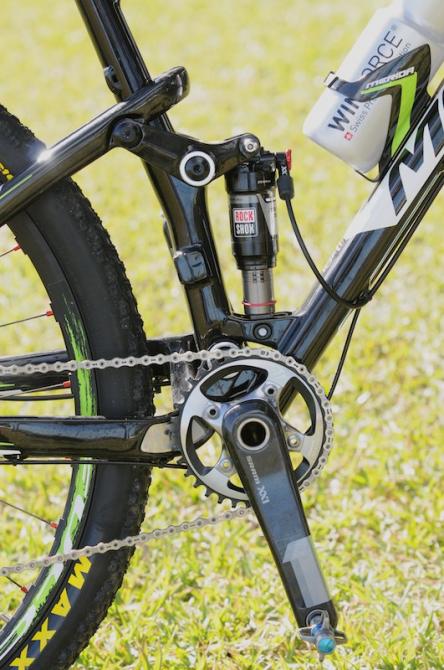
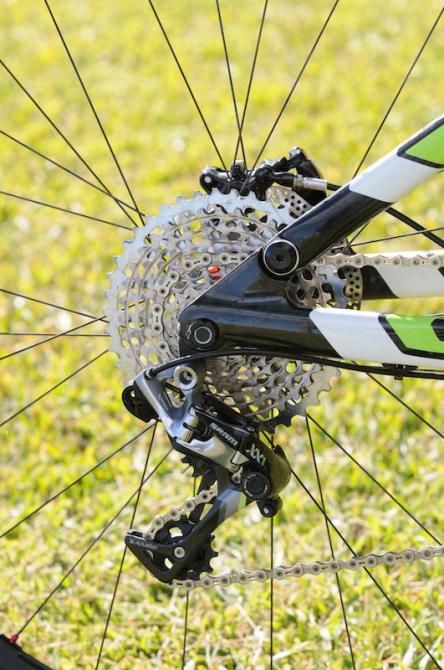
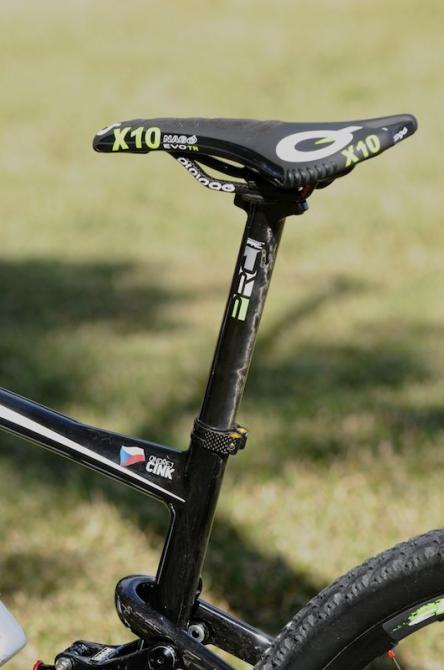
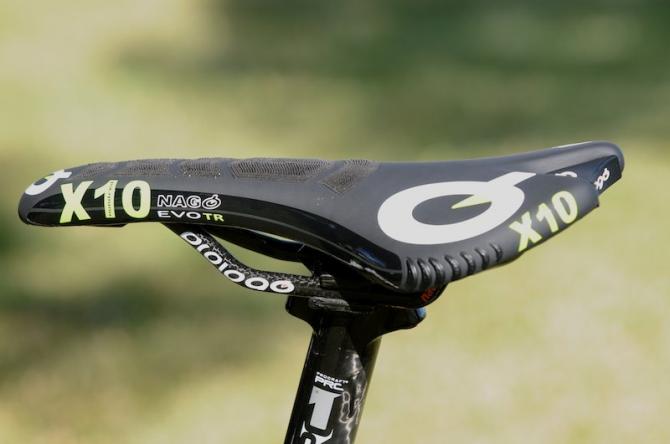
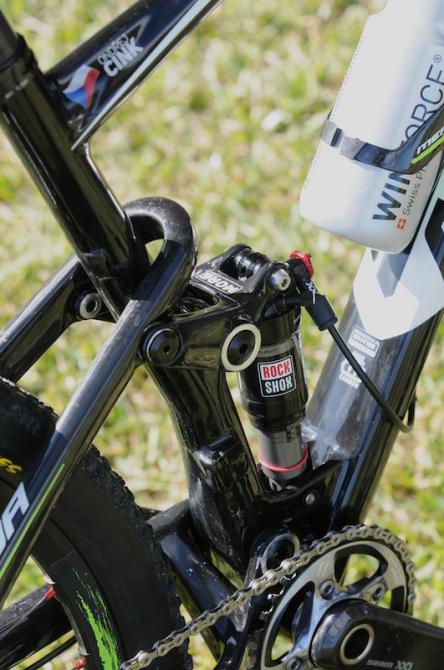
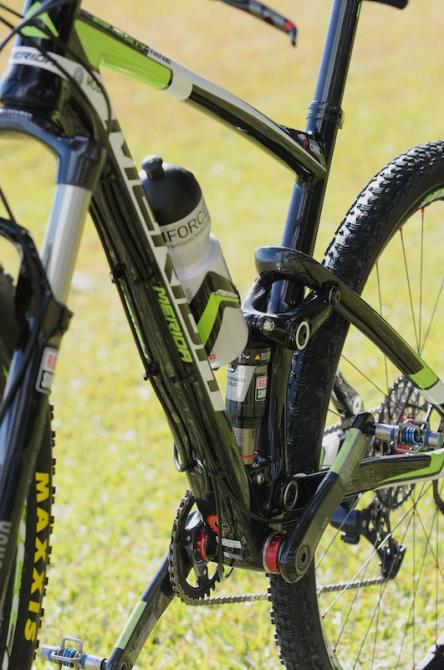
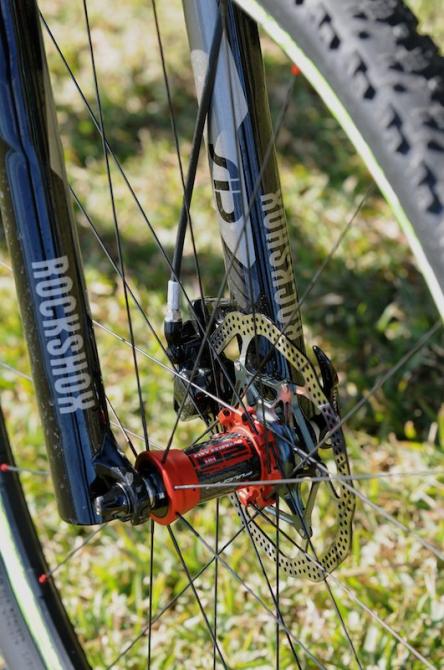
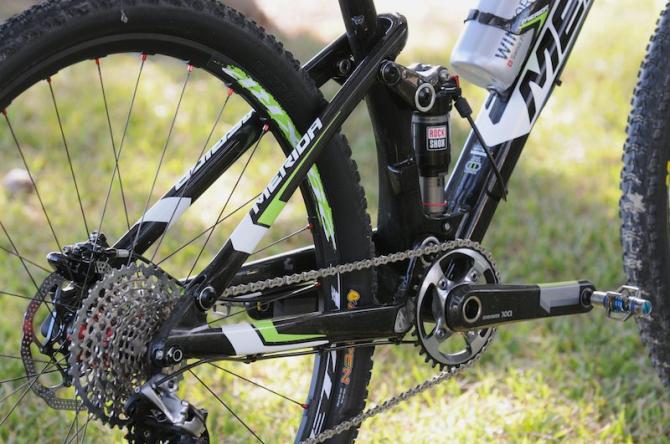
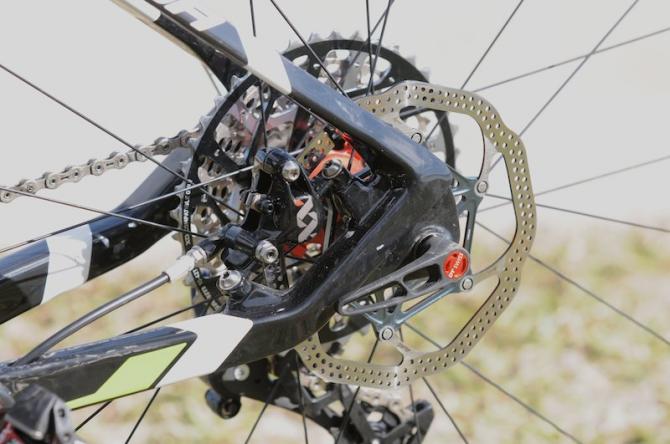
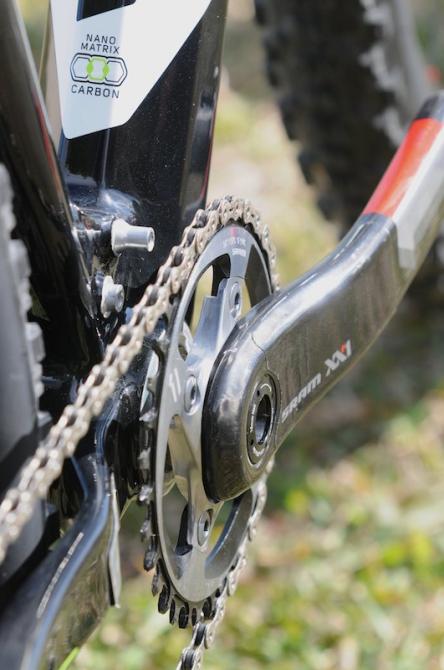
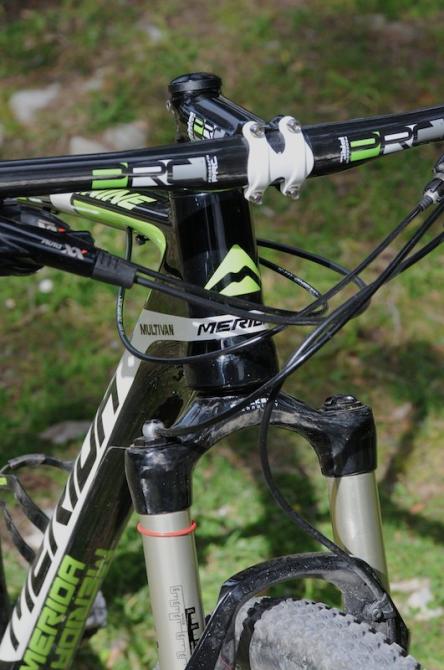
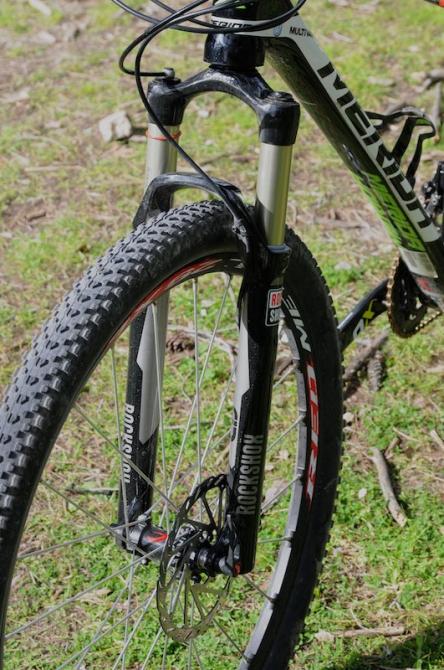
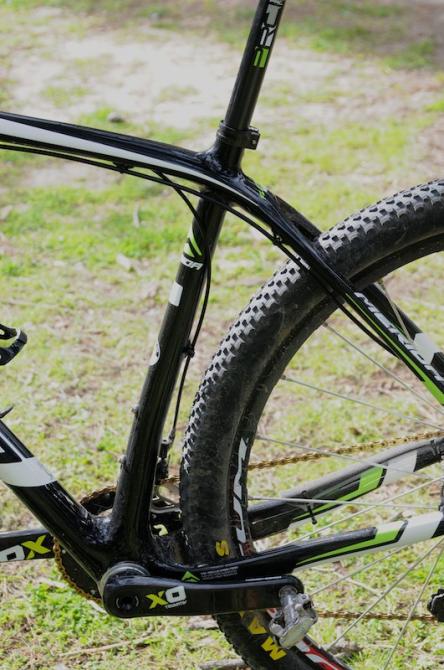
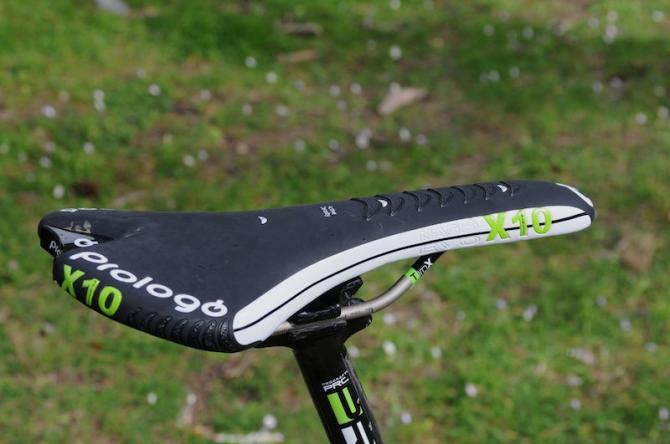
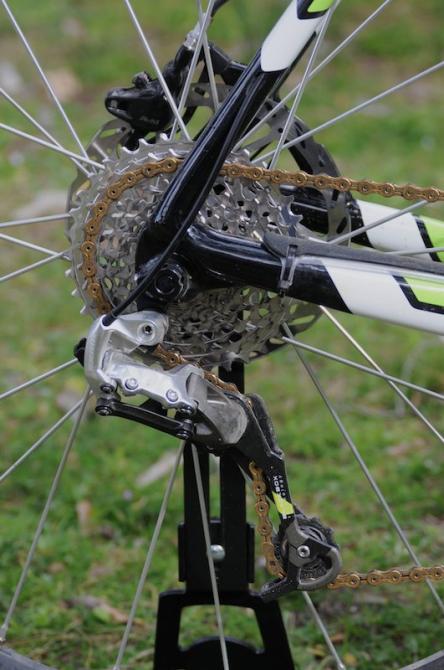
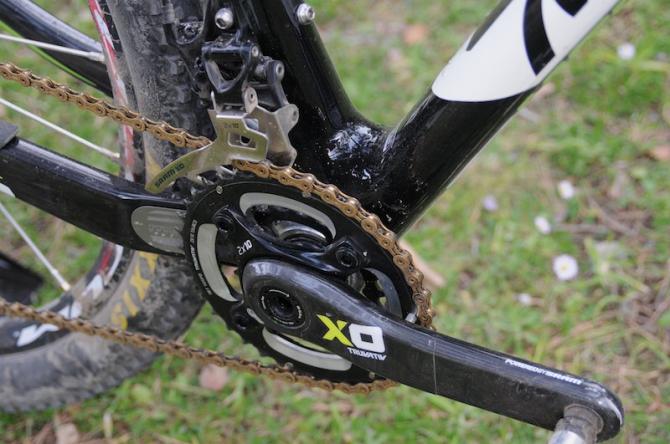
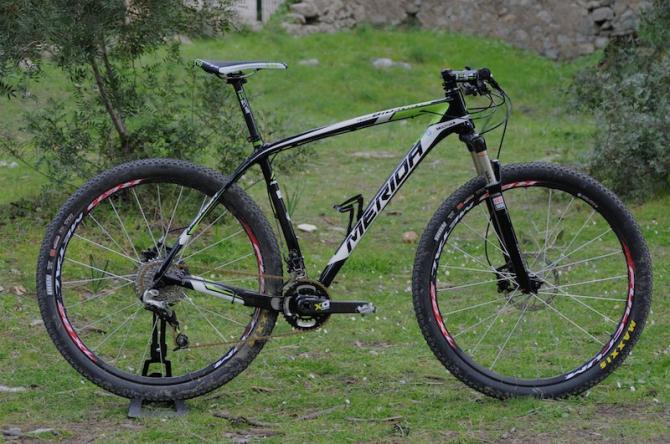
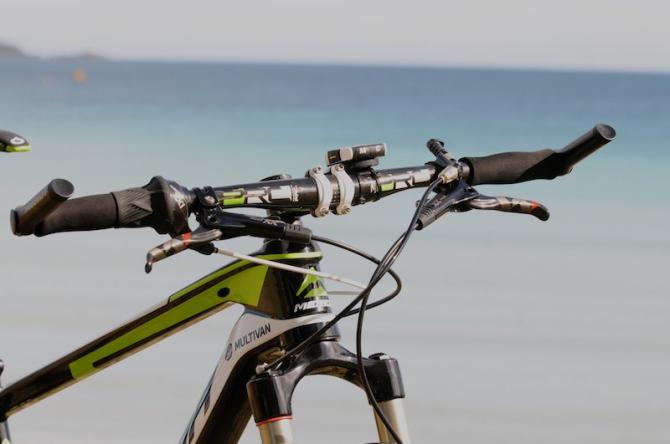
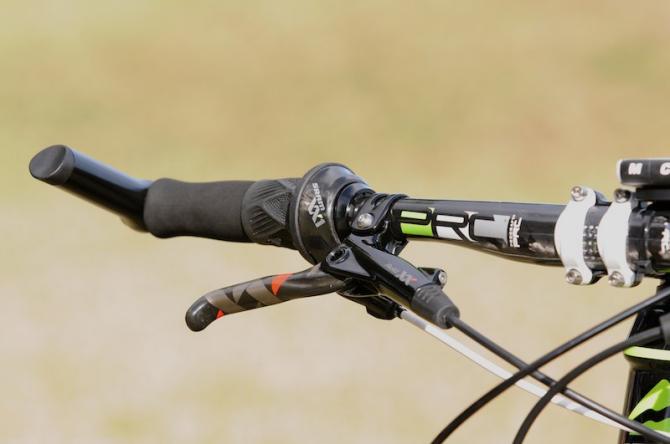
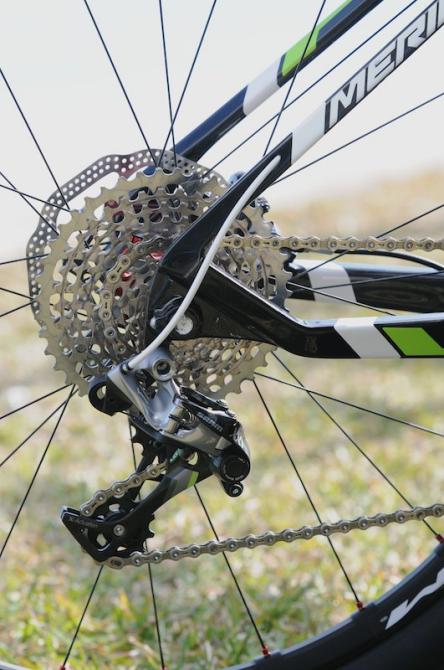
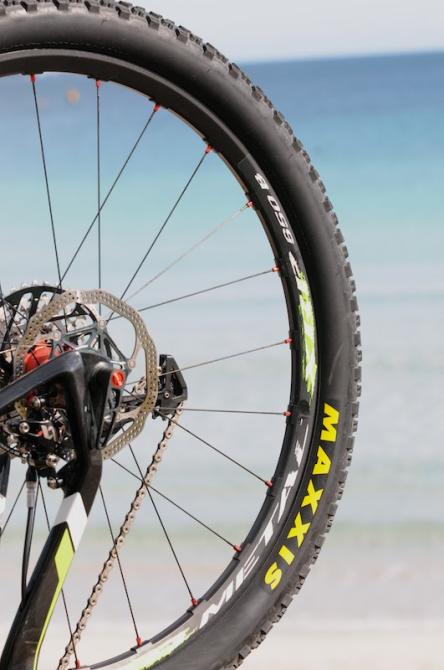
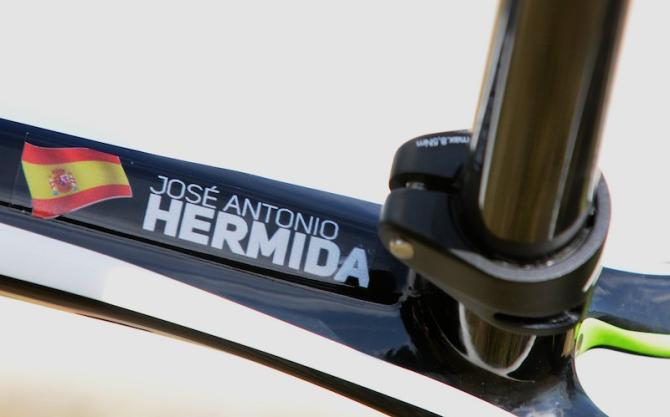
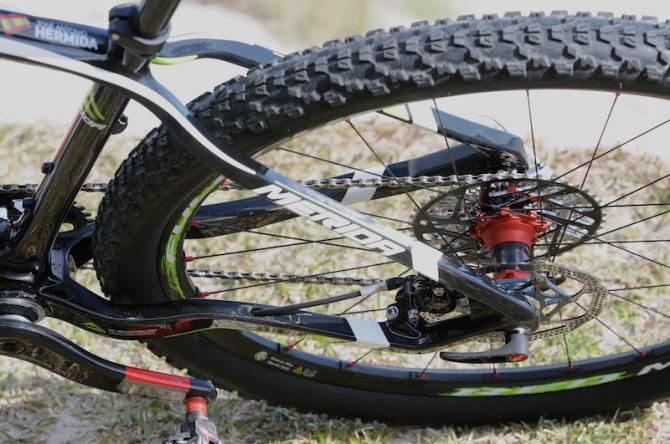
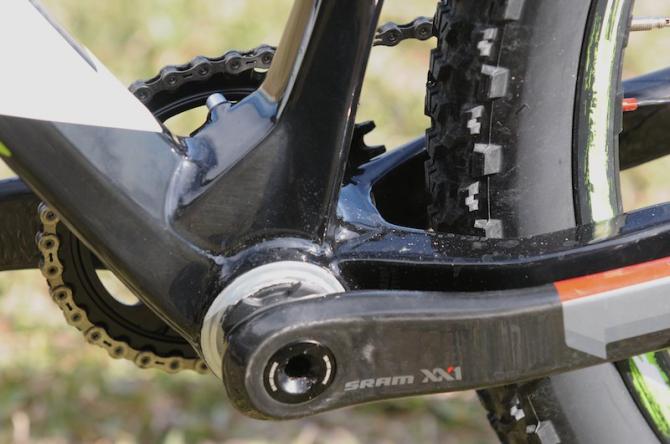
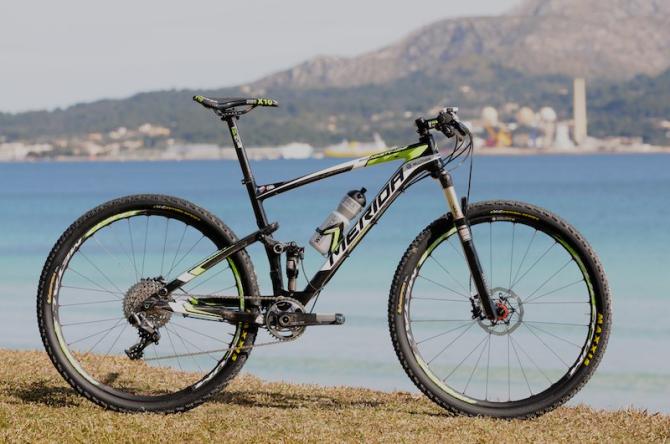
This article originally appeared on Bikeradar.
This week in Mallorca, the Multivan Merida pro mountain biking team announced some personnel changes, and have followed this up with news that they're working with some new equipment suppliers for 2013 and beyond.
SRAM are still providing the headline groupsets, notably XX1 for all team bikes. This group will be used for everything but the occasional marathon event, where a double XX transmission is preferable.
The 11-speed 10-42 XX1 cassette has a range that covers almost all eventualities for racers, with the advantage of reducing weight by omitting a shifter, front mech and one or two chainrings. It offers a higher high gear and a lower low gear than the XX double setup, and almost completely eliminates chainsuck through clever engineering on the single chainring, which helps the chain stay seated. The rear mech has a horizontal parallelogram that prevents impact implied movement, where the mech could jump as the bike bounces.
RockShox have replaced DT Swiss as the Multivan Merida suspension supplier, and are a good fit for the SRAM and Avid components the team use. With a wide range of forks, shocks and seatposts specced across the range, Merida chief designer Jurgen Falke said that among the many benefits of RockShox products is the remote lockout system, which he rates as the best available.
Fulcrum wheels are another addition, and with the ongoing wheel diameter debate, Multivan Merida have taken the bold step of only using 29in or 27.5in (650b) for all races from now on. The 26in wheel size will still be available on a multitude of consumer Merida bikes, but for ease of logistics the team will all use one of the two larger sizes.
The team bikes on display in Mallorca were fitted with aluminium rimmed Fulcrums, but the team’s race wheels will have handbuilt carbon tubular or tubeless clincher rims spinning on Cult ceramic bearings, which at under 1,100g for the 29er wheels are more than 300g lighter than Mavic’s Crossmax Ultimates. Unfortunately, none of these ultralight wheels will be commercially available in 2013.
Get The Leadout Newsletter
The latest race content, interviews, features, reviews and expert buying guides, direct to your inbox!
Contact points are taken care of by Prologo, whose X10, X8 and Zero Connect Power Control (CPC) saddles will be raced by the team. The Sparco-patented CPC is a weatherproof, non-absorbent, varying density polymer used in Formula 1, rallying, moto GP and the military, mostly in gloves, for excellent grip in all conditions. By eliminating the energy wasted by a rider sliding on the saddle, and adding comfort, it should offer performance advantages.
Team bikes 2013
The team will race hardtail and full suspension 29er bikes for 2013 – the Big.Nine and Big Ninety-Nine, plus the 27.5in-wheeled Big Seven hardtail.
The Big.Nine is little changed from the 2012 bike, apart from the graphics. The top-end Team frame weighs about 1,100g, and Merida stress that a much lower weight is unrealistic when allowing for a 20mm thru-axle, longer frame tubes and the integrated internal cable routing that has silicone tubes within the frame designed to guide full length outer casing for ease of maintenance. A BB30 bottom bracket gives the racers all the stiffness they require, and the flat Flex Stay seatstays incorporate a layer of flax bio fibre that has slow rebound properties to damp vibration.
Twelve months ago, BikeRadar were able to ride a bare metal prototype of the full suspension Big Ninety-Nine. Five months later it was produced with a carbon main frame and aluminium rear triangle, but the Big Ninety-Nine Team (above right) is now available in full carbon, including the rocker link. The main triangle is around 500g, and a complete frame without shock weighs 1,850g.
Despite the Big Ninety-Nine frame having two distinct triangles, bottom bracket stiffness is 50 percent higher than on the Big.Nine or Big Seven, and the drivetrain is unaffected by the suspension system. Designed for a 100 or 120mm fork, the Big Ninety-Nine comes with a RockShox Monarch XX shock with hydraulic lockout.
The Big Seven is such a recent development that the team only received it last week – it's still in its final testing period, notably underneath Jose Hermida. The carbon frame has 425mm chainstays, with the rear disc calliper mounted between the stays to allow the Flex Stay system to work optimally.
The gear cables and rear brake hose on the Big Seven are internally routed, keeping the frame uncluttered, and with the new Avid clutch system the callipers can be disconnected and reattached up to six times before needing to be bled, which eases the internal routing headaches. Unsurprisingly, frame weight is between the weights of the 26in-wheeled and 29er hardtails, at 1,030g.
One-Forty and One-Sixty changes
Elsewhere in the general Merida line-up, last year’s One-Forty, developed as a 26in-wheel freeride bike, has evolved to become the One-Forty-B, with a wheel diameter increase to 27.5in. This created plenty of engineering problems, not least of which achieving the tricky internal cable routing with so much travel. Debuted in prototype guise, Merida term the One-Forty-B’s virtual pivot system as VPK – Virtual Pivot Kinematics – so as not to be confused with the Santa Cruz-owned VPP system.
With a smoother ride than from a 26in-wheeled equivalent, and a more lively ride than a 29er, the new wheel size allows more room for suspension travel and seems a logical choice for such a versatile bike. The One-Forty-B will exhibit some suspension bob if you ride out of the saddle on the small ring, but otherwise is solid, and with a longer head tube and slacker head tube angle the 60mm stem helps it feel quite agile.
The One-Sixty frame is unchanged for this year, although almost everything bolted onto it is different – a SRAM X0 2x10 transmission, RockShox Monarch Plus rear shock, Lyrik fork and Reverb seatpost, Avid Elixir 5 brakes, Gravity Light bar and stem, Prologo Scratch saddle and Fulcrum Red Zone wheels. At least the Schwalbe Fat Albert tyres have remained.
One small feature that could be very useful is the new two-sided chainstay protector designed to wrap the stay and be easy to fit and remove. It will be fitted to the three long-travel Merida bikes.
For more details on Merida bikes see www.merida-bikes.com.
You can follow BikeRadar on Twitter at twitter.com/bikeradar and on Facebook at facebook.com/BikeRadar.
You can also improve your fitness and train with us on bikeradar.com/training.